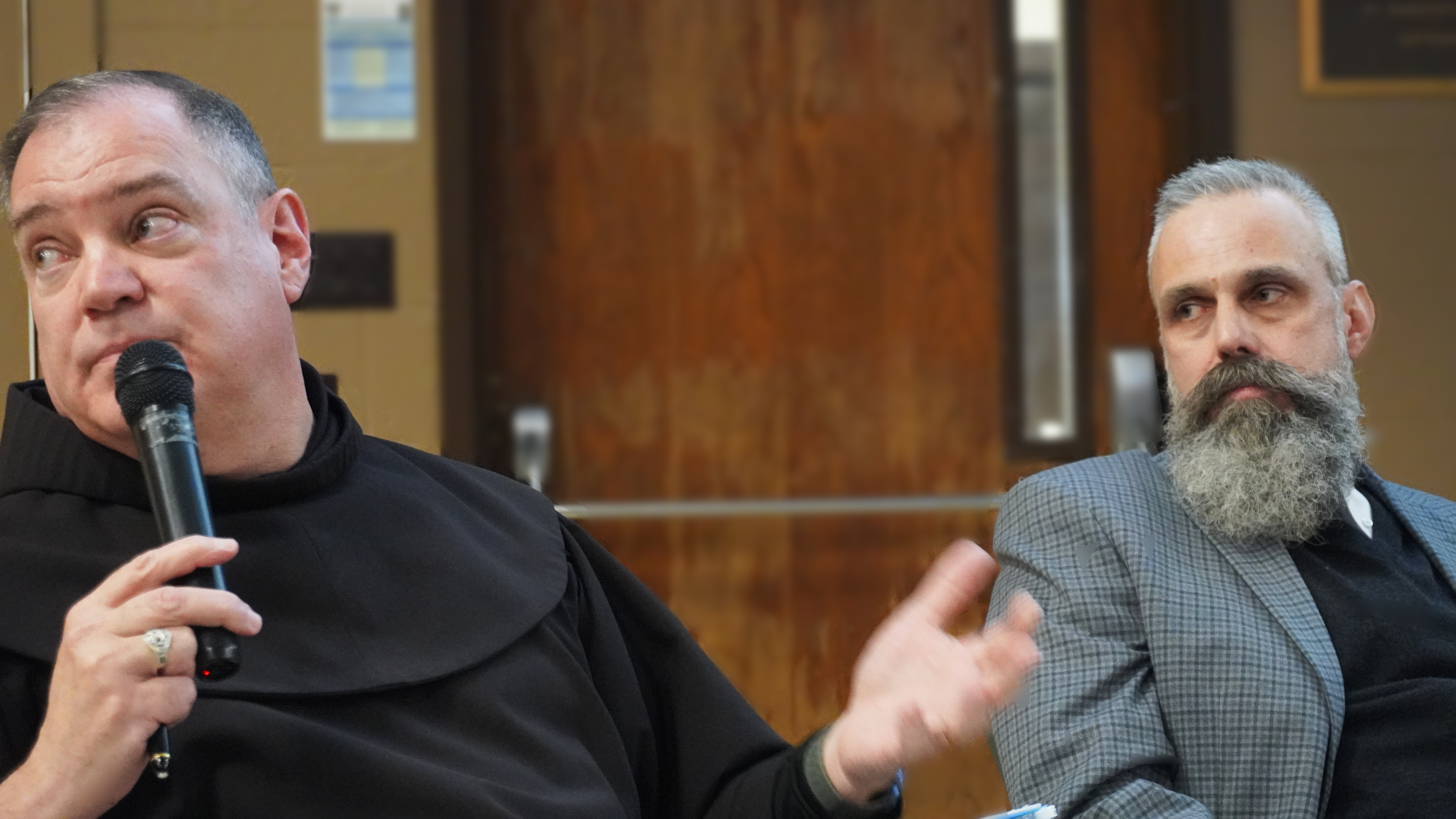By Cameron Pettrone
Staff Writer
The widely held idea that students with English majors can only go one way with their degree is not entirely accurate. In reality, most English undergrads have many job opportunities available to them when they leave college.
This misconception is so widely held, it even made its way into the Broadway musical Avenue Q in a song titled “What Do You Do with a BA in English?”
Elizabeth Freeman, a freshman English and theater double major, is aware of this belief.
“I’ve heard it, but I know it’s not true,” she said
According to her, some people believe the myth, but most English majors know that this idea is not based in facts.
“In the English center, we have a huge poster that has 1,001 jobs you can get with an English major…It’s a lot of fun, and practical,” she said.
According to Rachel Walsh, Ph.D., an English professor at St. Bonaventure, the origin of this belief can be attributed to our society’s utilitarian approach to education and the intensified pressures on students in a post-recession world.
“As we are now having more of a public awareness of the student loan crisis, there is more of a scrutiny of whether a college education really advances college graduates and especially whether majors or degrees in the humanities really allow a student to advance themselves after they graduate,” she said.
Walsh, who knows of many English undergrads on a number of different career paths, argues that the skills that English students cultivate in the classroom are very valuable in many professions and fields.
She believes that the English students’ abilities to demonstrate their proficiency in skills such as collaboration and critical thinking puts them in a good place and even at an advantage in the professional world.
“The English majors that I have worked with over the years are certainly not naïve,” she said. “They are already out within the field and getting experience with internships.”
She also thinks that the skepticism of majors in the humanities is a product of the times we live in and the expectations of college students.
“There is suspicion of anything that does not immediately generate a profit,” she said.
Ultimately, she argues that the knowledge English students acquire in their education is critical in developing a competent and efficient member of the workforce.
“What our field does generate is citizens who are well informed and who are able to engage in all areas of their lives in more informed ways,” she said.
On average, humanities and liberal arts majors tend to have a lower unemployment rate than those with degrees in the sciences and the salary for science majors is higher on average.
pettrocj16@bonaventure.edu







